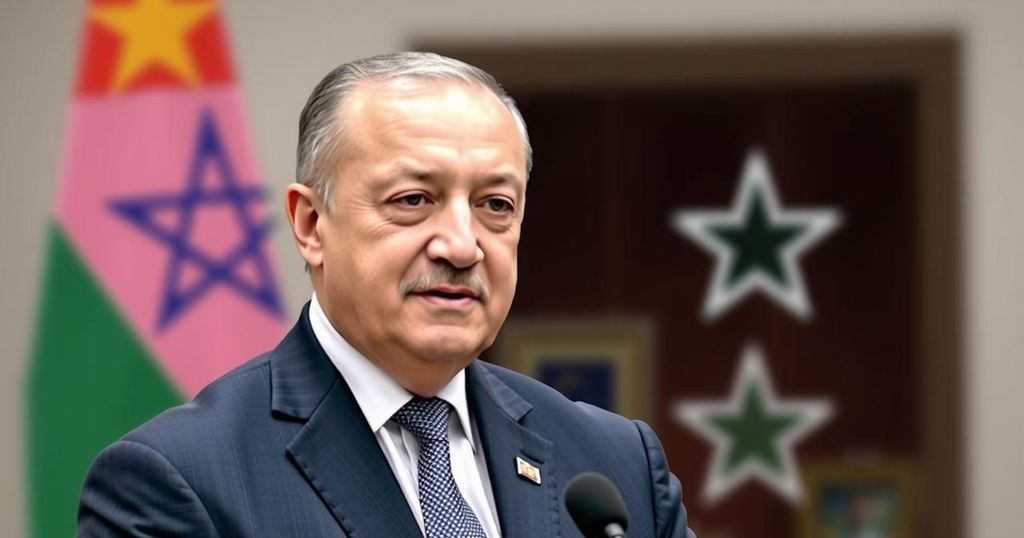In 2012, President Obama issued a ‘red line’ warning regarding Syria’s chemical weapons but did not enforce military action following subsequent attacks. Despite Syria joining the Chemical Weapons Convention, reports indicate significant quantities of chemical agents remain unaccounted for. The OPCW continues to advocate for inspections amid concerns over weapons falling into the wrong hands, yet geopolitical complexities hinder meaningful intervention.
In August 2012, following the declaration of civil war in Syria, President Barack Obama promised to take action against the Assad regime’s use of chemical weapons. Despite his warning that the use of such arms constituted a “red line,” military intervention was not pursued, which led to dire consequences for many in Syria. Although pledges were made to dismantle Syria’s chemical arsenals under international oversight, substantial quantities remained unaccounted for. A report indicated that over 360 tons of mustard gas and 5 tons of precursor chemicals for sarin were missing, raising concerns regarding their potential acquisition by hostile entities. The Organization for the Prohibition of Chemical Weapons (OPCW) remains poised to investigate, contingent on safe access to the country. Reassurances from the armed group Hayat Tahrir Al-Sham suggest no intention to utilize these weapons, but skepticism lingers over Syria’s compliance and the adequacy of international measures. The lack of decisive action from the United States, influenced by regional dynamics and internal policy shifts, suggests a troubling status quo regarding Syria’s chemical weapons program.
The selected passage outlines the implications of President Obama’s 2012 warning regarding Syrian chemical weapons, alongside the diplomatic maneuvers that followed. Despite Syria’s commitment to the Chemical Weapons Convention, gaps in accountability continue to raise alarms within the international community. The OPCW’s repeated investigations reflect ongoing concerns about the regime’s compliance and the risk of chemical weapons proliferation. The historical context is critical, as it underscores the failures of foreign policy to address chemical weapons effectively and the evolving geopolitical landscape in Syria.
In summary, the events since Obama’s initial commitment reveal significant shortcomings in international efforts to eliminate chemical weapons in Syria. The missing stockpiles pose ongoing risks, with both state and non-state actors potentially benefiting from this negligence. While the OPCW seeks to fulfill its mandate, the projected unwillingness of international powers, specifically the United States, to intervene further complicates the resolution of this crisis.
Original Source: www.arabnews.com






